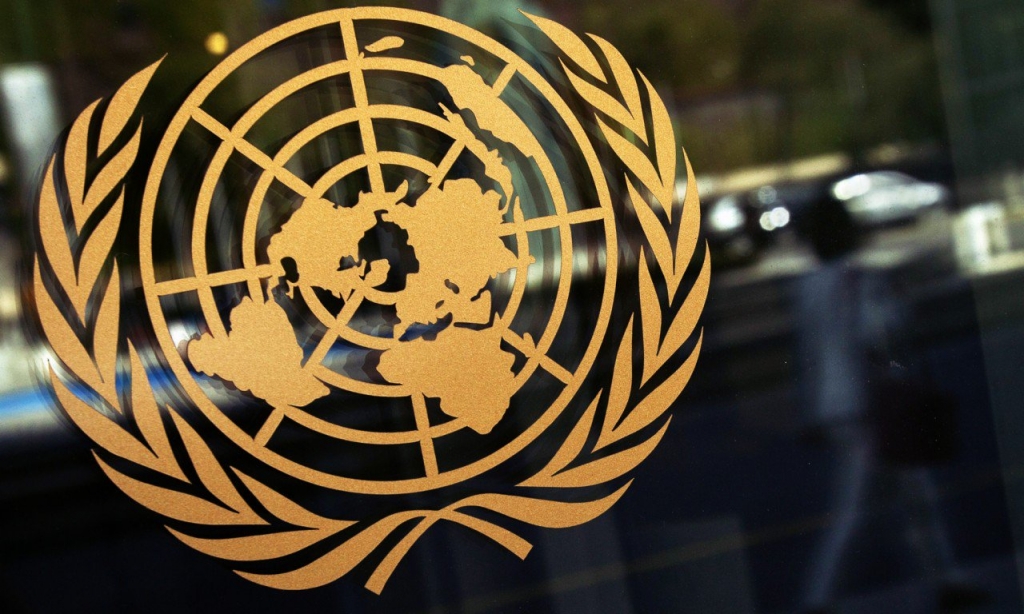Statement by First Deputy Permanent Representative Dmitry Polyanskiy in the First Committee of the 75th session of the UNGA on cluster 5 "Other Disarmament Measures and International Security"
Mr. President,
Today we urgently need a contemplative and constructive agenda in the area of arms control, disarmament and non-proliferation (ACDN).
We are convinced that strengthening the existing and developing new consensus treaty regimes in the ACDN area falls within everyone’s interests. For this purpose, we put forward draft resolution “Strengthening and development of the system of arms control, disarmament and non-proliferation agreements”. This initiative is well known and popular in the General Assembly. Last year it was adopted almost by consensus. We call to support it this year as well.
In 2018, following up on a Russian initiative, a universal, inclusive, transparent, and truly democratic negotiation mechanism on international information security (IIS) was established. I mean the Open-ended Working Group (OEWG), which has become a shared victory for the global community. Each state, regardless of its level of economic and technological development, has received an opportunity to take part in global talks on IIS on an equal basis and, more importantly, to vote on decisions in this area. This year Russia also has introduced a corresponding draft resolution.
For two years, none of the opponents of the OEWG has risked challenging it. Unfortunately, this year the situation changed dramatically. For the first time, the OEWG encounters direct attacks that seek to eviscerate the Russian draft resolution by omitting its key paragraphs. ОР1 on creating a new OEWG 2021-2025 is the core of our draft, and the reason we introduce it. We consider putting OP1 to vote as a confrontational and counterproductive step that pursues only one goal – to take the global community back to the era of “club agreements” made by technically advanced stakeholders that leave behind all the other countries.
It is principally important to ensure that the negotiation process has a future based on a field-tested format that has proven effective. Taking into account the scale and dynamic of emerging threats in the information space, the global community cannot afford postponing this issue until the 76th session of the General Assembly.
We strongly urge all states that are interested in keeping OEWG open and democratic not to yield to such provocations and take this vote with full responsibility. We assume if you are ready to vote in favor of our draft resolution, you will vote against putting its OP1 to a separate vote. Your abstentions will in fact mean voting against our draft.
Attempts to revise the already endorsed language on the key principles of global IIS architecture included in the preamble are no less alarming. We underline that PP10 that is put to vote was taken from UNGA 73/27 of 5 December, 2018, that found support of 118 states. It envisages the need to prevent conflicts in the area of ICTs and use ICTs only for peaceful purposes with the objective of shaping a community of shared future. Apparently, the initiator-state that put to vote an entire paragraph without proposing any alternatives, doubts these provisions that are fundamental for building international information security. We strongly disagree with this approach. We are convinced that the language that has been endorsed by the international community should not be revised for subjective reasons.
Attempts to make the future of IIS talks at the UN depend on the results of the work of current OEWG and Panel of Governmental Experts, contained in OP6 of the US draft resolution, are unacceptable. We stand up against such an approach that also undermines the sovereign right of states to put forward national initiatives on the IIS at the United Nations.
Thank you.
